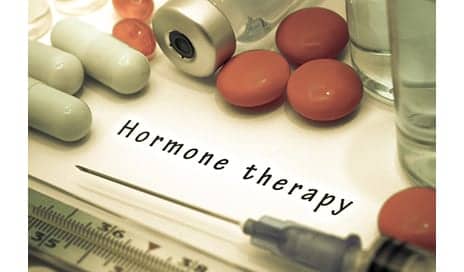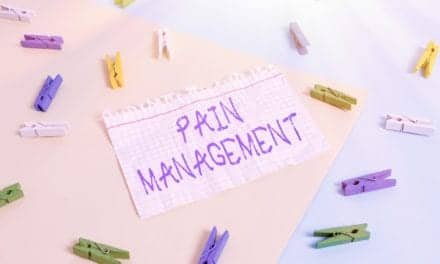Postmenopausal white women who are at the highest genetic risk for a bone fracture could benefit the most from hormone therapy, according to a study led by researchers at the University at Buffalo.
The reportedly first-of-its-kind study, which included nearly 10,000 participants from the Women’s Health Initiative (WHI), a national, long-term study of more than 150,000 women, was published recently in the Journal of Clinical Endocrinology and Metabolism.
In the study, a team of researchers led by Heather Ochs-Balcom, associate professor of epidemiology and environmental health in University at Buffalo’s School of Public Health and Health Professions, looked at a subset of 9,922 women from among the more than 27,000 who had participated in WHI hormone therapy clinical trials. They wondered whether women who are more genetically susceptible to fractures could benefit from hormone therapy.
The paper’s first author, Youjin Wang, conducted the research as a doctoral candidate in epidemiology and environmental health at UB, according to a media release from University at Buffalo.
As women age, their bone mineral density (BMD) decreases, leaving them at greater risk of breaking bones from falling, which also increases as they age. But some women also are more genetically prone to fractures.
“Our study represents a first look at how inherited predisposition to fracture is related to hormone therapy use,” said Ochs-Balcom, who also holds a faculty appointment in the Department of Genetics, Genomics and Bioinformatics in UB’s Jacobs School of Medicine and Biomedical Sciences, per the release.
“Further studies on gene-therapy interaction are warranted to evaluate the advantages of targeted interventions based on genetic profile,” Wang notes.
[Source(s): University at Buffalo, Newswise]





